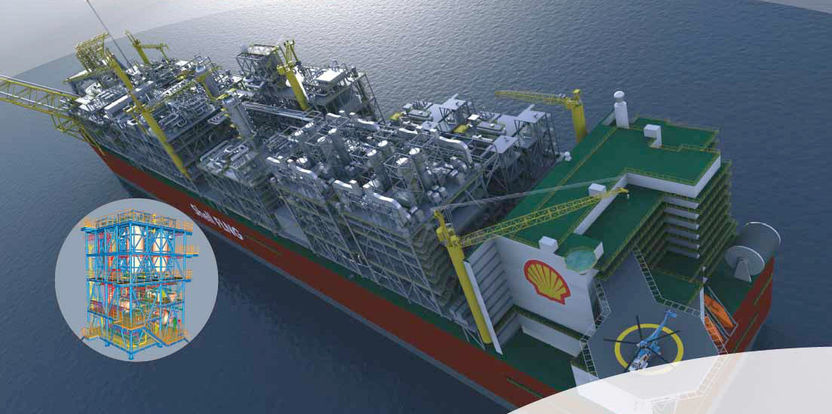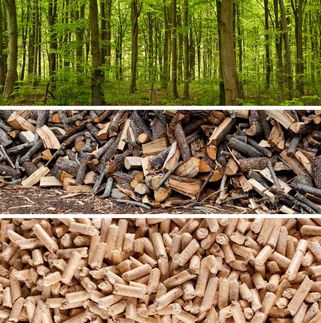Evaluation of novel hybrid membranes for carbon capture
carbon dioxide (CO2) capture remains a priority in many countries as the world seeks to address climate change. In particular, the most recent report from the Intergovernmental Panel on Climate Change shows that geological storage of carbon dioxide is required for all scenarios that can meet 430 - 550 ppm CO2 atmospheric concentrations.
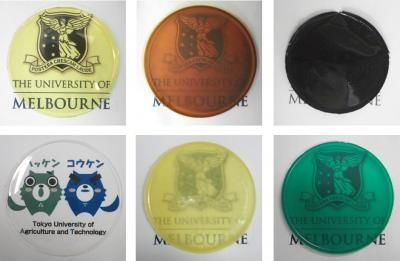
Hybrid membranes composed of a polyimide combined with porous nanoparticles including carbons, metal organic frameworks and a porous organic polymer have been evaluated.
Copyright 2017 'Tokyo University of Agriculture and Technology' and 'The University of Melbourne' All rights reserved.
Membrane technology is one approach being investigated globally for the cost-effective capture of the carbon dioxide. However, to be successful, the membrane materials require high gas permeability and selectivity as well as long-term performance stability. Although a large number of gas separation membrane materials have been reported for CO2 capture in the last few decades, most have been tested under ideal conditions. However, real industrial gas streams contain impurities such as water vapor, hydrogen sulfide, sulfur dioxide and nitrogen oxide. We have investigated the resilience of hybrid mixed matrix membranes in the presence of these impurities. We found that the hybrid membranes prepared using porous organic polymer nanoparticles were resilient to these impurities, whereas those containing metal organic framework nanoparticles were less stable. This means that they can be effective in gas separation applications such as natural gas sweetening, biogas purification and post-combustion carbon capture, when these acidic gases are present. These results will allow scientists and engineers to select the right materials for these applications.
Original publication
Original publication
Shinji Kanehashi and Alita Aguiar and Hiep T. Lu and George Q. Chen and Sandra E. Kentish; "Effects of industrial gas impurities on the performance of mixed matrix membranes"; J Membrane Science; 2017
Topics
Organizations
Other news from the department science
These products might interest you
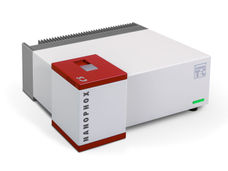
NANOPHOX CS by Sympatec
Particle size analysis in the nano range: Analyzing high concentrations with ease
Reliable results without time-consuming sample preparation

Eclipse by Wyatt Technology
FFF-MALS system for separation and characterization of macromolecules and nanoparticles
The latest and most innovative FFF system designed for highest usability, robustness and data quality

DynaPro Plate Reader III by Wyatt Technology
Screening of biopharmaceuticals and proteins with high-throughput dynamic light scattering (DLS)
Efficiently characterize your sample quality and stability from lead discovery to quality control

Get the chemical industry in your inbox
By submitting this form you agree that LUMITOS AG will send you the newsletter(s) selected above by email. Your data will not be passed on to third parties. Your data will be stored and processed in accordance with our data protection regulations. LUMITOS may contact you by email for the purpose of advertising or market and opinion surveys. You can revoke your consent at any time without giving reasons to LUMITOS AG, Ernst-Augustin-Str. 2, 12489 Berlin, Germany or by e-mail at revoke@lumitos.com with effect for the future. In addition, each email contains a link to unsubscribe from the corresponding newsletter.
Most read news
More news from our other portals
Last viewed contents
Sasol Limited's response to finding by European Commission's fine of EUR 318 million
Scientists have created a ceramic, resistant to extreme temperatures
Merck Generics ready to profit from growth opportunities in Belgium
Titian Software Expands US offices
Finalistst for the Polyurethane Innovation Award announced
ContiTech Builds Competence Center for Plastics in the USA
Lucrative Growth Market: The market for silicones
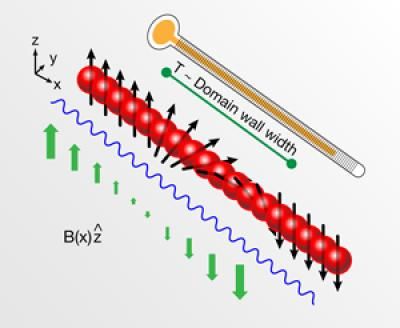
Super cool atom thermometer - Physicists face the daunting task of developing new, reliable ways of measuring extreme low temperatures
Brenntag adjusts its outlook for the full year 2019
